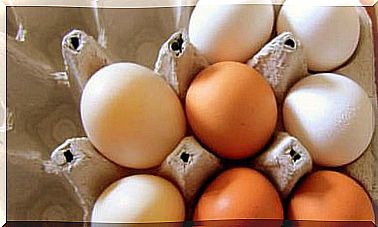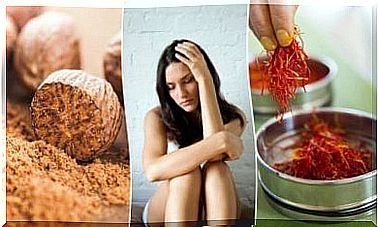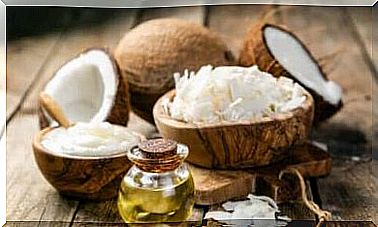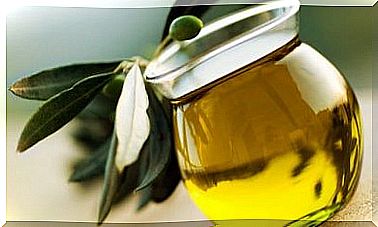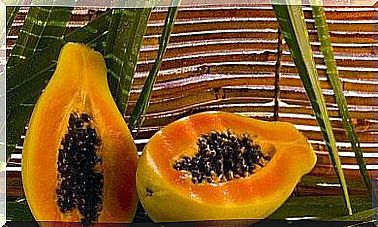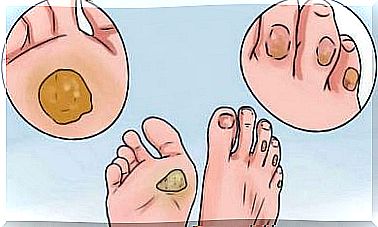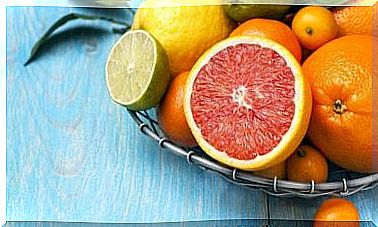Foods That Provide Vitamin E
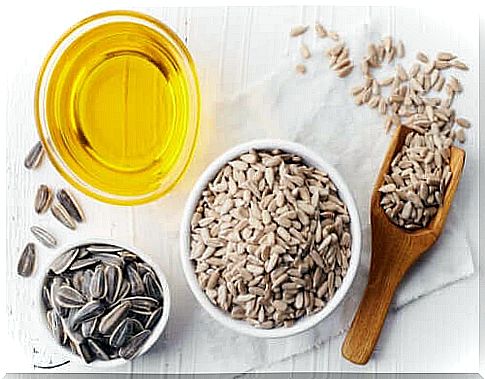
Maintaining a balanced diet is essential to obtain all the nutrients the body needs to correctly perform its functions and maintain health. In this sense, one of the essential nutrients that we should not forget is vitamin E, present in foods such as olive oil, olives and green leafy vegetables.
The Importance of Vitamin E
Current studies point to the importance this vitamin plays in preventing free radical damage. Stopping the production of these radicals is a key method of preventing the development of chronic disease and aging.
In addition, this fat-soluble vitamin is also a vital element in the overall maintenance of the immune system, according to research published in Nutrients Magazine.
Due to its benefits, it is speculated that it is possible to supplement this vitamin exogenously, in order to maximize its benefits. However, no solid evidence was found in the scientific literature to support the consumption of extra doses of this substance. Maintaining adequate food intake should be sufficient.
Seeds rich in vitamin E
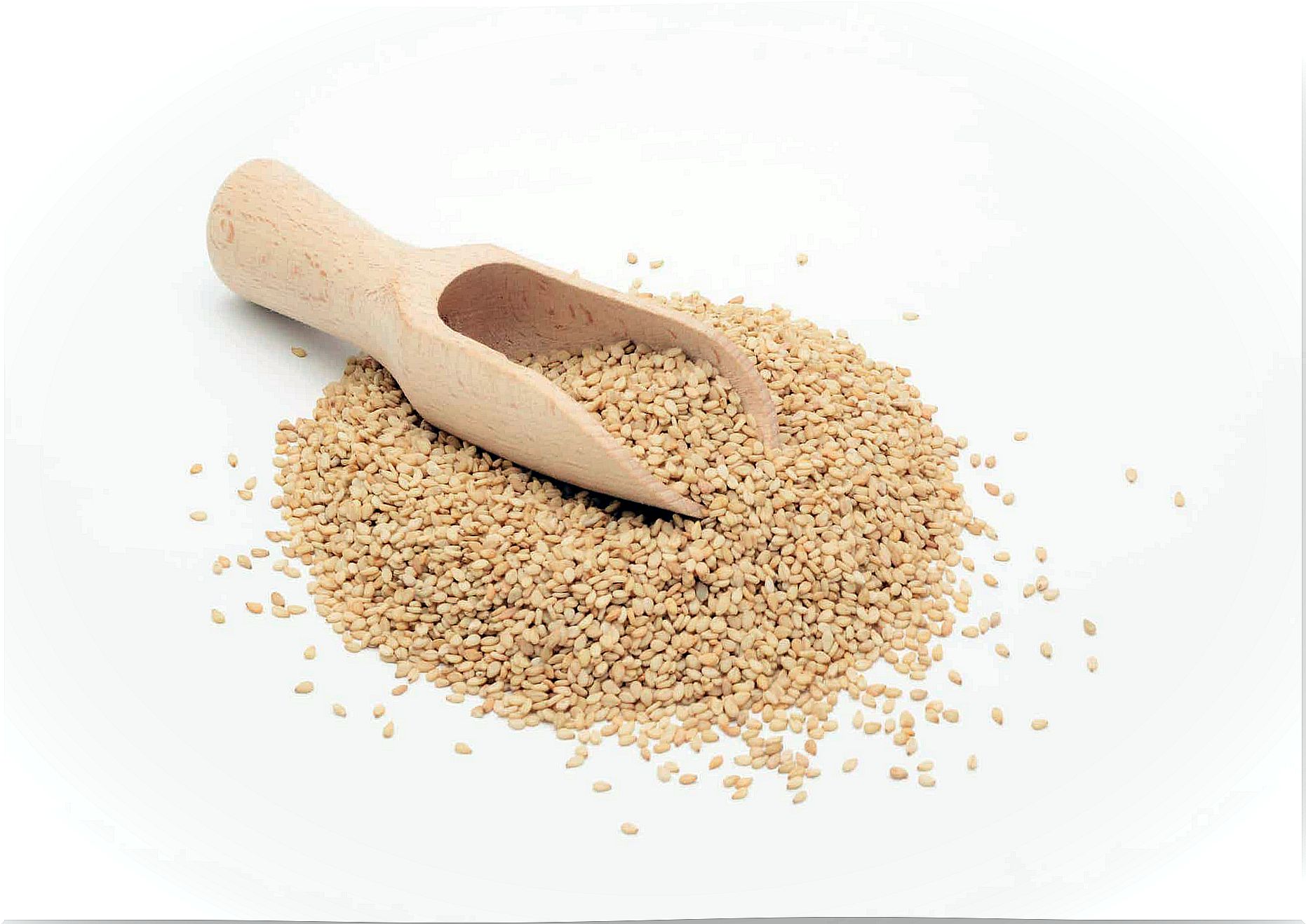
We have many commonly used foods with large amounts of vitamin E, although nuts are one of the main representatives.
For example, 30 g of almonds provides 7.4 mg of this vitamin. You can also get it with almond oil and milk. In turn, hazelnuts are the perfect appetizer after a long day at work, because with just 30 g of hazelnuts you can get approximately 20% of the vitamin E needed in your daily diet.
Without a doubt, pine nuts are also a rich source of this vitamin. A portion containing 2.6 mg of vitamin E. You can also get its benefits through pinion oil. Oil-based milks such as almond milk also provide good amounts of this vitamin.
We can list other raw seeds that contain this vitamin:
- Sunflower seeds.
- Pumpkin
- Sesame.
In fact, eating just a quarter cup of sunflower seeds gives us 90.5% of the recommended daily value of vitamin E, making it one of the best foods with this content you can consume every day.
Vegetables and vegetables
Certainly, chard is one of the healthiest vegetables. In addition to being rich in vitamin E, it also contains vitamins from other complexes such as K, A and C. Like chard, mustard is also very rich in nutrients and also provides:
- Vitamin K : actively participates in coagulation processes. It does its job in the liver, where it produces clotting factors needed by the blood.
- Vitamin A : helps in the formation and maintenance of teeth, soft tissue, bone and membranes, promoting vision, among other functions. It also has great antioxidant capacity, according to an article published in The Journal of Physical Chemistry.
- Folic acid: necessary for the maturation of structural proteins and hemoglobin. Also very present in the nervous system and cognitive processes.
- Vitamin C: necessary for tissue growth and repair in all parts of the body.
On the other hand, spinach, in addition to being one of the best foods rich in calcium and folic acid, is also one of the best foods with vitamin E. One recommendation we give is to add fresh spinach to your sandwiches to make them healthier .
vegetable fats
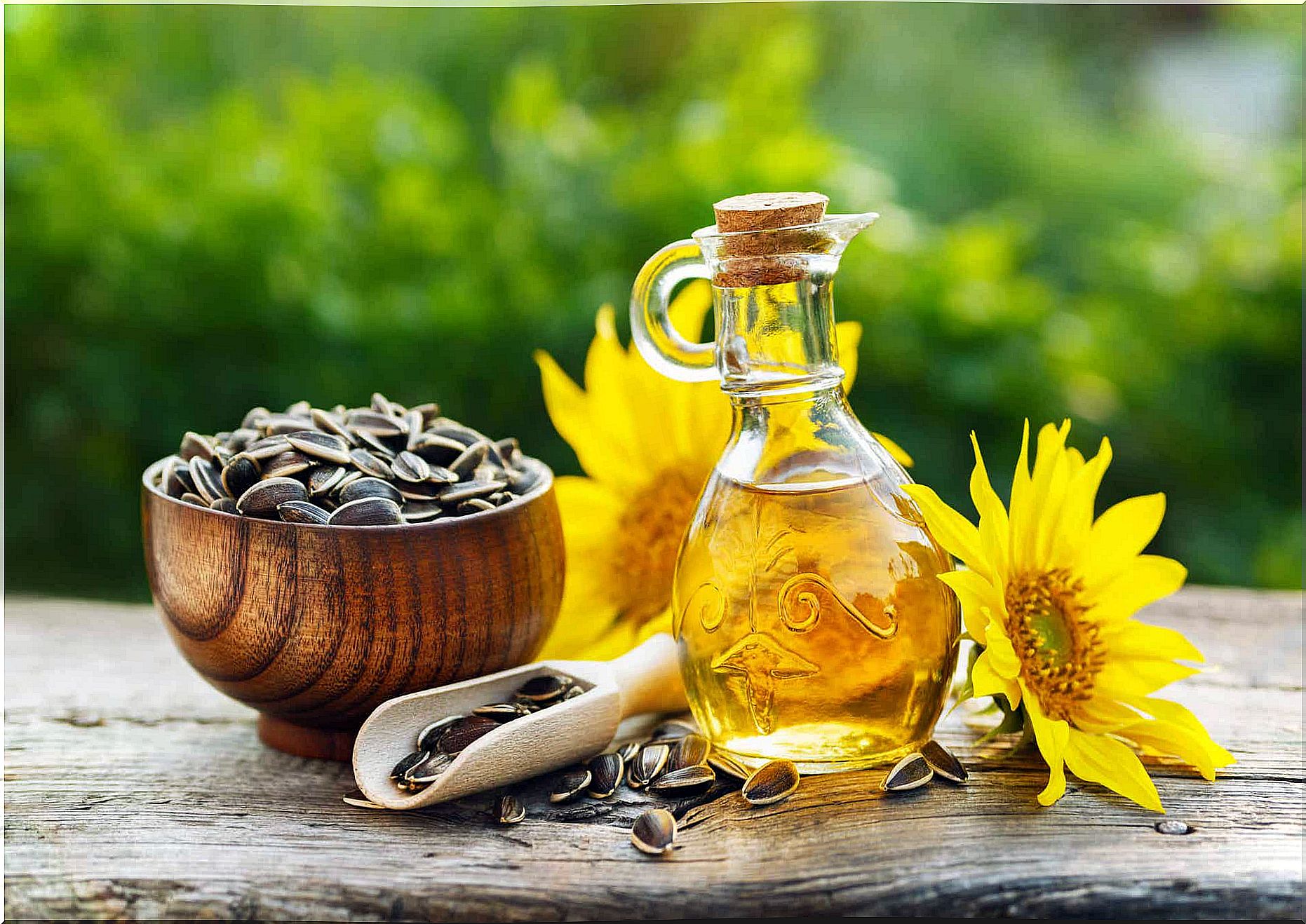
If we talk about vegetable fats, seed oils are a great source of this vitamin. For example, one of the best is wheat germ. In fact, a tablespoon of this oil contains 100% of your daily requirement.
Sunflower oil is another excellent choice as it provides more than 5 mg of vitamin E and can be used for cooking.
Include foods with vitamin E in your diet
As you can see, vitamin E is easy to incorporate into your daily diet in a number of ways, which is why you have no excuse for being deficient in your diet. This way you can avoid problems related to the functioning of the immune system.
At the same time, the formation of free radicals will be reduced, which is essential to improve the prevention of serious diseases in the medium term.
Don’t forget that if you have more questions about it, the best option is to consult a nutritionist. This professional will be able to prepare an individualized menu, ensuring that you are not deficient in any essential nutrient.
